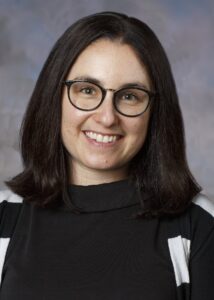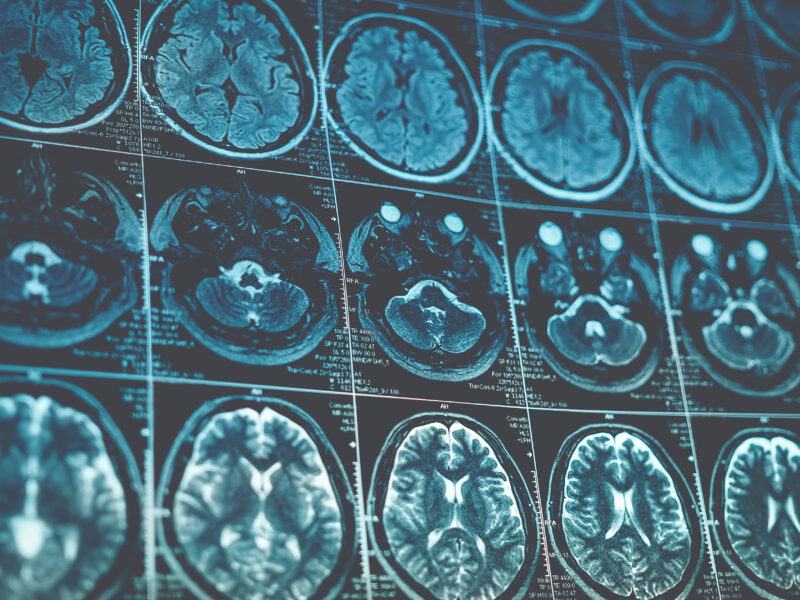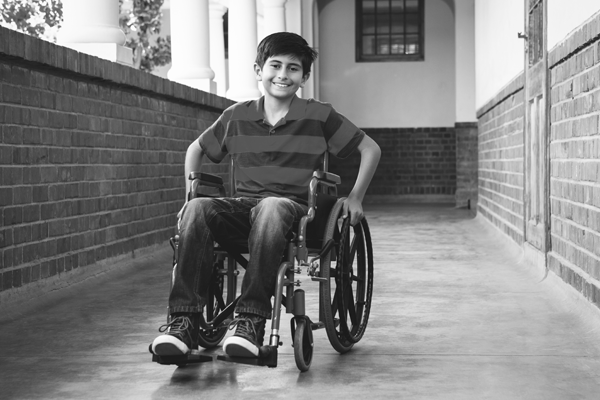Functional Neurological Disorders: What Pediatric Neurologists Should Know
Functional Neurological Disorders: What Pediatric Neurologists Should Know https://pediatricsnationwide.org/wp-content/themes/corpus/images/empty/thumbnail.jpg 150 150 Mary Bates, PhD Mary Bates, PhD https://secure.gravatar.com/avatar/c6233ca2b7754ab7c4c820e14eb518c8?s=96&d=mm&r=g- June 07, 2022
- Mary Bates, PhD
The diagnosis is common, yet this group of disorders has been subjected to confusion and stigma throughout history.
Functional neurological disorders are a collection of disorders in which patients experience neurological symptoms, such as numbness, weakness, seizure-like events, or abnormal gait or movements, but without a visible underlying pathology. Underlying mechanisms for these disorders are incompletely understood but the prevailing theory is that the symptoms are related to psychological factors.
These disorders are quite common, with versions of functional neurological disorders described since antiquity, says Dara Albert, DO, MEd, a pediatric neurologist and epileptologist at Nationwide Children’s. Throughout history, patients with functional neurological disorders have been misunderstood, ostracized, or worse by the medical community. But in the last few decades, researchers and clinicians have begun to recognize these disorders and approach them more scientifically, she says.

Dara Albert, DO, MEd
As the medical director of the Psychogenic Nonepileptic Events Clinic in the Pediatric Epilepsy Center at Nationwide Children’s, Dr. Albert estimates she has seen over 400 patients with functional neurological disorders over the last five years. Recently, she edited and contributed to a volume of Seminars in Pediatric Neurology devoted to these disorders.
“I want to help everyone understand that this is a group of disorders just like any other where patients experience symptoms that are very real and distressing to them,” says Dr. Albert. “These patients deserve our attention and compassion just like those with any other condition that we see.”
Dr. Albert notes that stigmatization and judgment often still surround these diagnoses and she sees many families who have felt either dismissed or misunderstood by other health care providers. She says that delivering the diagnosis in a respectful and non-judgmental manner is critical to the ultimate outcome.
“Walking in with confidence, giving it a name, making analogies that the family can understand—all this makes a huge difference,” she says.
For instance, Dr. Albert like to explain functional neurological disorders to patients and families by comparing those symptoms to other common human experiences, like getting a headache after a stressful day or having butterflies in one’s stomach when anxious. These are real, physical symptoms that people experience; however, they are not due to underlying pathology but to one’s body reacting to feelings of being overwhelmed or uncomfortable.
Dr. Albert adds that while some might think of functional neurological disorders as a diagnosis of exclusion, this is not true. “This is a diagnosis of inclusion,” she says. “There are rule-in signs and symptoms that make a diagnosis, just like any other condition.”
Finally, Dr. Albert says that skillful communication of the diagnosis is the first step towards effective treatment and recovery, which is possible with functional neurological disorders. Treatment depends on the individual patient’s symptoms and situation and can include physical or occupational therapy. Most often, it involves psychology and psychiatry to help the patient draw connections between the mind and the body and recognize stressors in their life.
“The good news is that most people can get better,” says Dr. Albert.
References:
- Albert DVF. Functional Neurological Disorders in Children and Adolescents – A Long-Overdue Renaissance. Seminars in Pediatric Neurology. 2022 Apr;41:100954. doi: 10.1016/j.spen.2022.100954.
- Pierce ME, Albert DVF. Delivering the Diagnosis: A Practical Approach to a Patient With a Functional Neurological Disorder. Seminars in Pediatric Neurology. 2022 Apr;41:100948. doi: 10.1016/j.spen.2021.100948.
About the author
Mary a freelance science writer and blogger based in Boston. Her favorite topics include biology, psychology, neuroscience, ecology, and animal behavior. She has a BA in Biology-Psychology with a minor in English from Skidmore College in Saratoga Springs, NY, and a PhD from Brown University, where she researched bat echolocation and bullfrog chorusing.
-
Mary Bates, PhDhttps://pediatricsnationwide.org/author/mary-bates-phd/December 27, 2016
-
Mary Bates, PhDhttps://pediatricsnationwide.org/author/mary-bates-phd/
-
Mary Bates, PhDhttps://pediatricsnationwide.org/author/mary-bates-phd/
-
Mary Bates, PhDhttps://pediatricsnationwide.org/author/mary-bates-phd/
- Posted In:
- Clinical Updates
- Features
- Research






